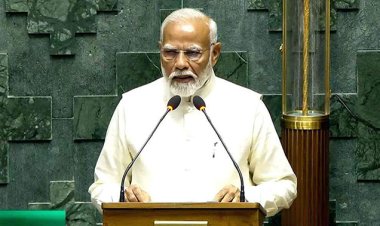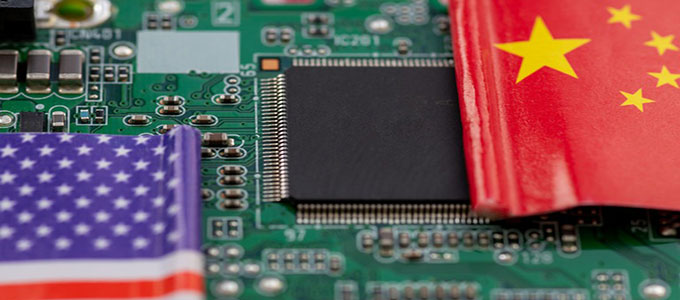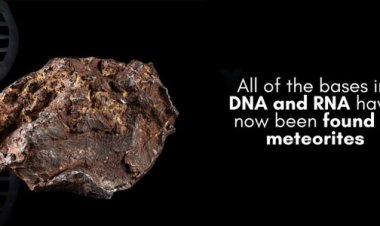Chinese-Backed Lanvin Group Makes U.S. Trading Debut
The luxury fashion company made its debut on the New York Stock Exchange after merging with a blank-check firm backed by Chinese private-equity firm Primavera Capital.

The luxury fashion company made its debut on the New York Stock Exchange after merging with a blank-check firm backed by Chinese private-equity firm Primavera Capital.
Chinese-owned luxury fashion company Lanvin Group LANV 13.64%increase; green up pointing triangle surged in its debut on the New York Stock Exchange on Thursday, after merging with a blank-check firm backed by Chinese private-equity firm Primavera Capital.
Lanvin Group, which owns multiple Western brands, is controlled by China’s Fosun International Ltd. 656 -0.99%decrease; red down pointing triangle and has raised over $150 million in fresh capital at a valuation of $1 billion. It came to the market despite a sharp turn in fortunes for special-purpose acquisition companies and a wider slowdown in the market for new listings.
The company’s shares were trading above $14 in mid-morning trading, more than 40% higher.
Primavera’s SPAC, called Primavera Capital Acquisition Corp., raised $414 million in January 2021, at the height of the blank-check company boom. It said at the time that it wanted to merge with a global consumer company that had “a significant China presence or a compelling China potential.”
SPACs are publicly listed shell companies with ready pools of cash to invest in—and merge with—private businesses. If a SPAC fails to find a merger target by a deadline, typically two years, investors can take their money back. SPAC shareholders can also choose to redeem their shares upon a merger.
Lanvin Group and Primavera, founded by former Goldman Sachs Group Inc. Greater China chairman Fred Hu, announced the merger in March. The deal has faced multiple hurdles including a stock market rout, currency market volatility and investors’ waning interest in de-SPACs, a term used to describe SPACs’ eventual acquisitions of operating businesses.
In October, Lanvin lowered its valuation from $1.25 billion to $1 billion, the same amount at which it was valued after a private fundraising round last year. The company blamed the reduced valuation on foreign-exchange fluctuations and the declining valuations of its bigger rivals such as LVMH Moët Hennessy Louis Vuitton SE and Kering.






















